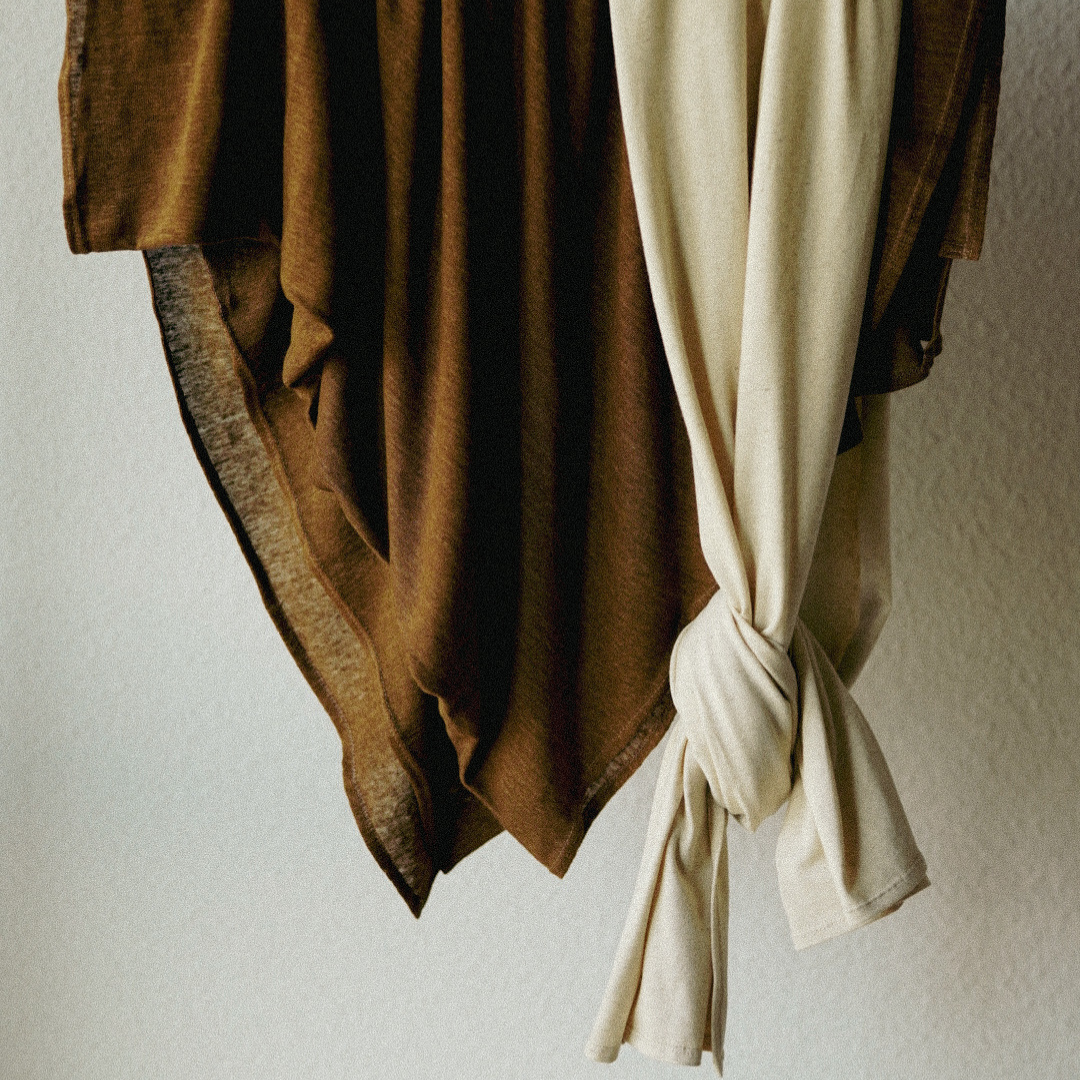It only takes one click and anyone can have their desired hijab produced cheaply in China. Nevertheless, we at Wraps of Nature have made a conscious decision not to buy fabric or end products from China.
Economically, of course, this is a complete disaster for the company. To be honest, however, I would classify every euro that I earn in this way as haram. Because my income is only halal if it corresponds to my ethical and religious convictions.
As a devout Muslim woman, I would like to explain our reasons in detail and address the appalling practices in the fashion industry.
Social exploitation and forced labor of Uyghurs
A key reason for my decision is the widespread social exploitation and forced labor that is prevalent in the Chinese textile industry, where over 90% of Modest Fashion goods come from. The systematic oppression and exploitation of Muslim Uyghurs in the Xinjiang region is particularly alarming. Reports by human rights organizations and independent journalists have repeatedly highlighted the appalling conditions under which Uyghurs are held in so-called "re-education camps" and forced to work.
I certainly do not want to support these practices. Islam teaches us to uphold justice and compassion towards all people. The idea that our products could be the result of forced labor and human rights violations is absolutely unacceptable to me.
The problems of Temu, Alibaba and Shein
Platforms such as Temu, Alibaba and Shein play a central role in global trade and offer an almost endless selection of affordable products. Many fashion store operators buy their goods cheaply there and sell them on here. However, the low price often comes at a high ethical price. These platforms are known for offering products that have been manufactured under questionable conditions. Shein in particular is a prime example of "fast fashion", a business model based on extremely fast production cycles and cheap mass production.
Fast fashion not only promotes excessive consumption and environmental pollution, but also contributes to the maintenance of poor working conditions. Workers in the textile industry, also often in China, work under extreme conditions for a pittance. Pay is low, working hours are long and safety standards are often inadequate. This leads to a persistent spiral of exploitation and injustice.
Disadvantages of production in China
1. human rights violations*
- Forced labor, especially the exploitation of Uyghurs, contradicts our ethical values.
- Poor working conditions and low wages are widespread.
2. environmental pollution
- The Chinese textile industry is one of the most environmentally damaging in the world.
- Chemicals and waste are often disposed of without adequate treatment, leading to serious environmental problems.
3. quality defects
- Fast and cheap production often comes at the expense of quality.
- Short-lived products promote a throwaway mentality and increase the amount of waste.
4. cultural and religious discrepancy
- As Muslims, we have a responsibility to make ethical business decisions.
- Supporting systems that violate our principles of faith is unacceptable.
Why we produce our hijabs in Germany
All beginnings are difficult - which is exactly why I want to have the first Wraps of Nature produced locally in my area. A seamstress friend of mine is helping me to make my vision of natural headscarves made from organic materials a reality. This allows me to see the high quality for myself. She is currently paid a very high and at the same time very fair hourly wage. In the long term, neither she nor I can offer these resources, which is why I am currently in contact with a very renowned factory in Portugal.
Subscribe to our newsletter to make sure you don't miss the launch of the first scarves!


